We all know how electric vehicles may benefit the environment, making them the way of the transportation future. Cleaner emissions equal less pollution; a cleaner environment is more environmentally friendly. Therefore, when it comes to environmentally responsible transportation, electric vehicles play a significant role. This article will provide all the knowledge you need about electric vehicles if you want to compare electric cars and are seeking an electric car buying guide.
Look Also: How to Prevent Fires in Electric Vehicles?
Things to Consider When Comparing an Electric Car
Several things influence your decision-making. Purchasing an electric vehicle is more difficult than a traditional gasoline or diesel vehicle. The following are things to think about when comparing electric cars:
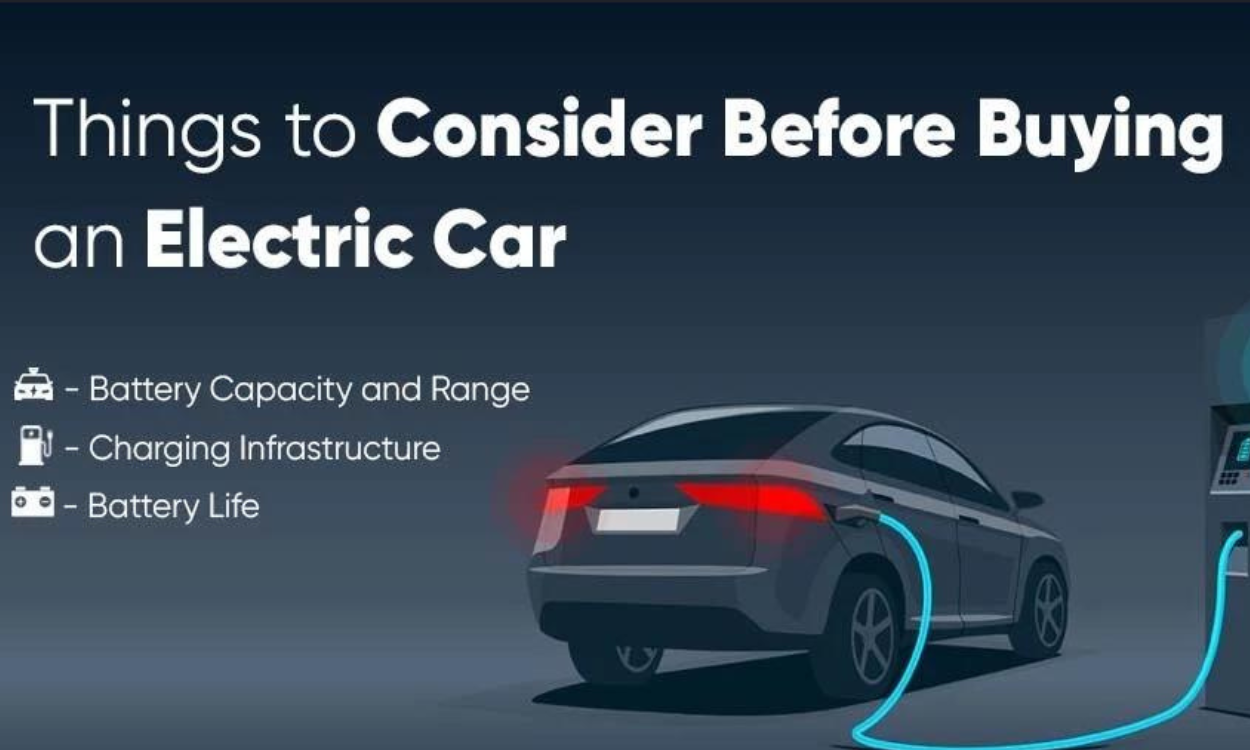
1. Driving Range
The EV range is one of the crucial factors when comparing an electric vehicle. Don’t rely on the manufacturer-specified driving range figures. Instead, look for real-life reviews to get an idea about the driving range of the EV in real-world conditions. An electric car should typically deliver a driving range of over 100km, sufficient for daily drives. High-end electric cars even offer a driving range of over 400 km.
2. Price
Comparing pricing and ownership costs is crucial when purchasing an electric car. Electric vehicles generally have a higher upfront cost compared to their gasoline counterparts. However, they offer lower operational costs due to reduced fuel expenses and maintenance requirements. Consider the price of the electric car, available government incentives, maintenance costs, and the cost of electricity in your area.
3. Software Updates
Electric vehicles have sophisticated engines and cutting-edge electronics, and manufacturers frequently update the software in their vehicles to incorporate the newest innovations. So, after purchasing an EV, receive monthly software updates. While some manufacturers charge owners for the upgrades, others regularly provide free software updates. Therefore, make an informed decision while comparing or buying an electric vehicle.
4. Specifications
A wide variety of electric motors and battery packs with various capacities are available in electric cars. You must select an electric vehicle with the features that meet your needs. Driving an electric vehicle with little power might be annoying. Before making a purchase decision, carefully review the electric car’s technical specifications.
5. Battery Life
One of an electric vehicle’s most crucial parts is the battery pack. The battery is one of the more expensive components of the EV as well, though. It might be costly to replace the battery pack in an electric car. So, before purchasing an environmentally friendly vehicle, verify the battery life. The cost of maintenance decreases with battery life.
6. Charging Infrastructure
In the entire country, the Infrastructure for charging vehicles is still in its infancy. One of the significant difficulties for EV users is that charging facilities are harder to come by than gas outlets. Major metro areas currently have enough charging stations, but the scenario differs elsewhere. Therefore, consider this before selecting to buy an electric automobile.
7. Charging Options
Various charging methods, including fast, regular, and slow charging, are available for electric cars. There are practically any fast chargers in your city, and they are expensive to build. Setting up a standard, sluggish charging method in your home is possible. Some EVs can also be charged from your home’s electrical outlet. Therefore, before purchasing an electric vehicle, look into the charging possibilities.
8. Maintenance Cost
One of the crucial elements when comparing electric cars is maintenance. The EV might not function well if proper maintenance is not performed. Since there are fewer moving components in an EV, they are typically relatively simple to maintain. But in the event of a breakdown, the repair costs may be excessive.
Compared to a regular car, the spare components are also highly pricey. Additionally, there aren’t many mechanics specializing in EVs, so you must contact the manufacturer if you need any maintenance or repairs.
9. Additional Costs
There are various extra expenditures when you purchase an electric automobile because it is so environmentally good. A home charger, the construction of a charging station, the upkeep of a charging station, and public station charging all cost extra money. Compared to owning a traditional car, these costs might make ownership rather pricey. So, before purchasing an electric vehicle, be aware of these additional charges.
10. Practical Usability
It all comes down to what you need. How far do you typically travel daily, and what is the electric car’s range? If you live in a big city and only need a car to work, acquiring an EV makes sense. An electric vehicle might not be a sensible option for others. So, take this into account when comparing an EV.
Conclusion
When it comes to the future of mobility, comparing electric cars will be crucial. Eco-friendly electric vehicles are the way of the future. In the current climate, where the infrastructure for charging electric vehicles is still developing, purchasing an electric vehicle can be challenging. But if you choose wisely, considering all the aspects, having an electric car will be pleasurable for you and the environment!
FAQ
When comparing electric cars, you should consider factors such as EV range, specifications, pricing, charging infrastructure, available incentives, and ownership costs.
EV range refers to the distance an electric car can travel on a full charge. It is an essential factor to consider as it determines how far you can drive before needing to recharge the vehicle’s batteries.
You can compare the EV range of different electric cars by looking at their official range ratings provided by the manufacturer. Additionally, you can check real-world range reviews and consider factors such as driving conditions and your own usage patterns.

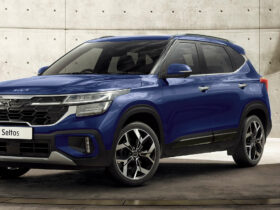


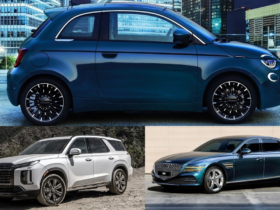
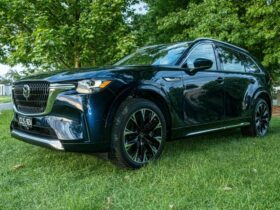
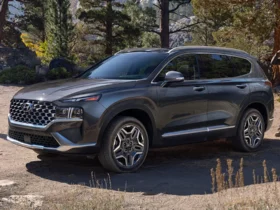
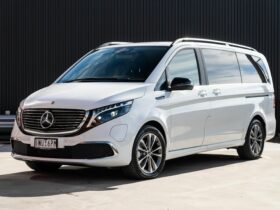

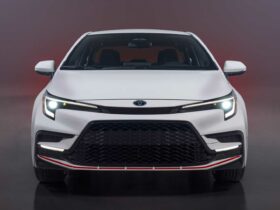
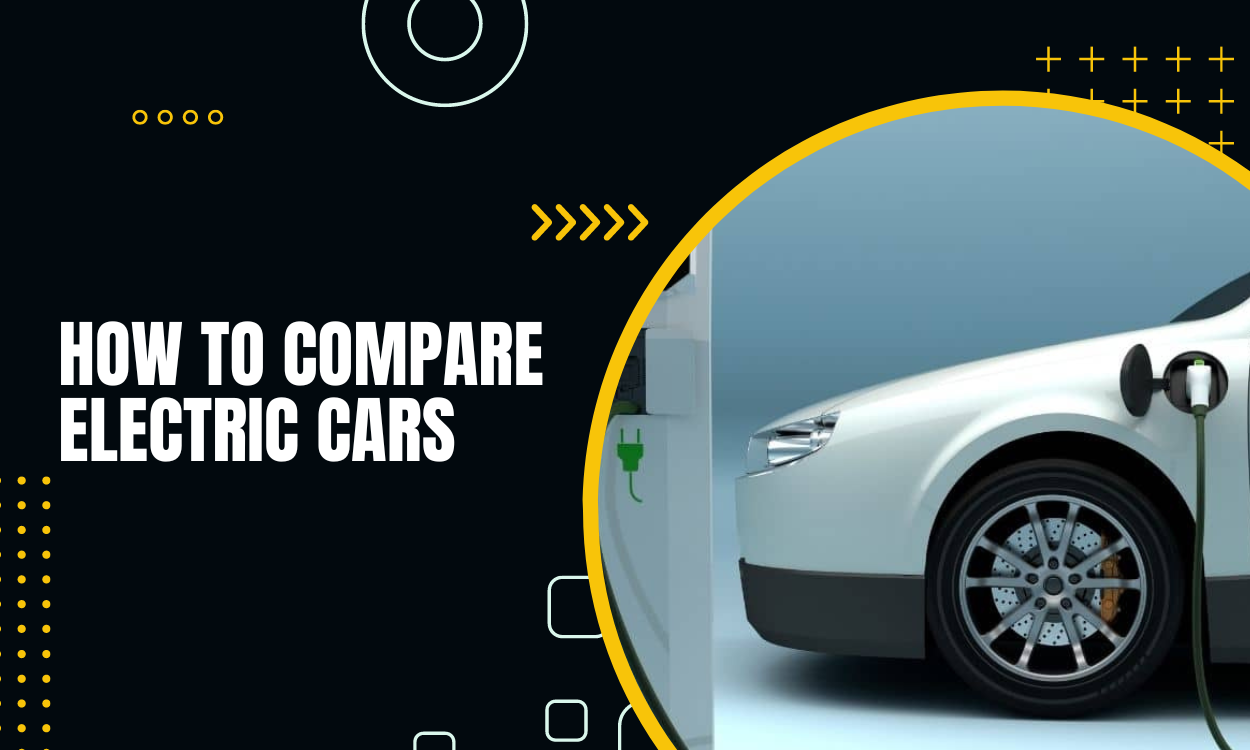
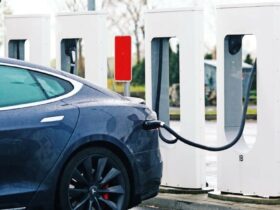


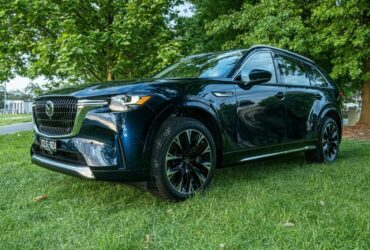




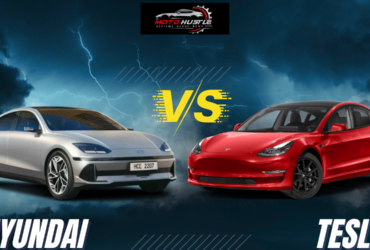
Leave a Reply